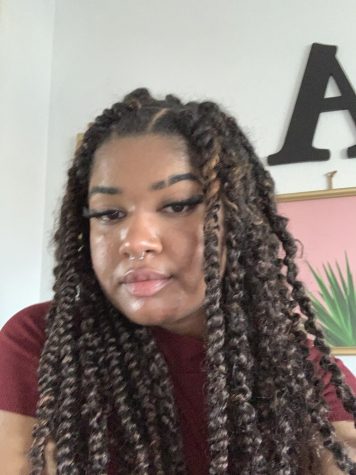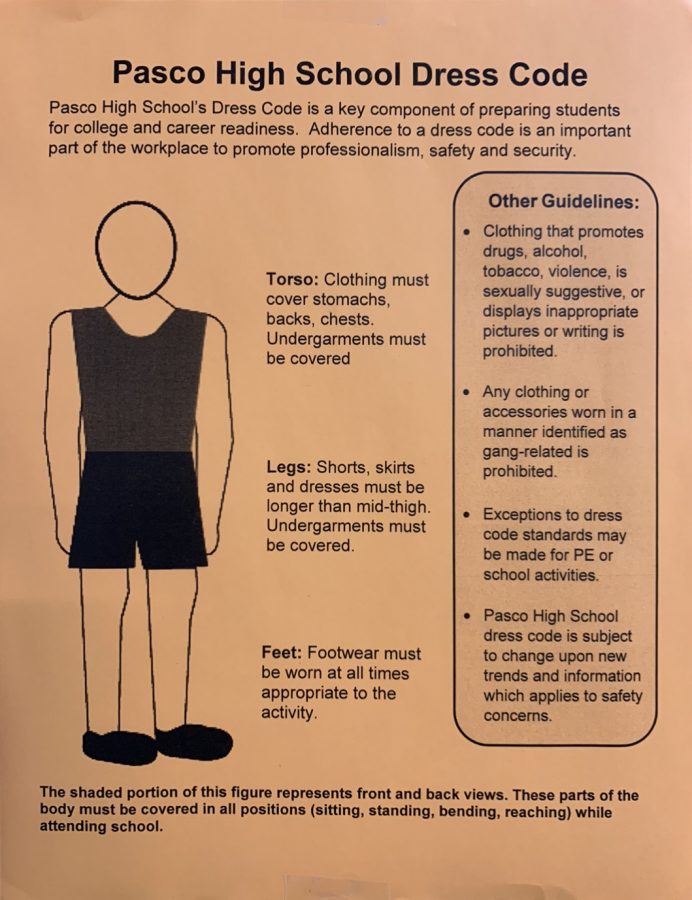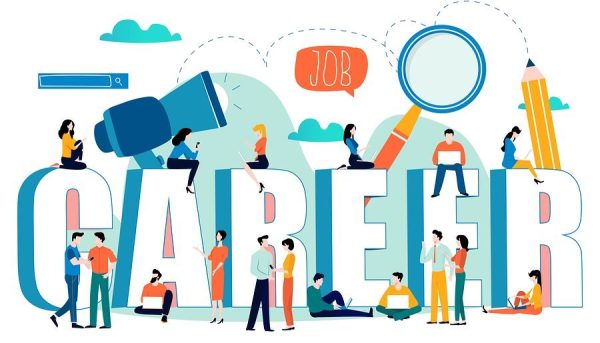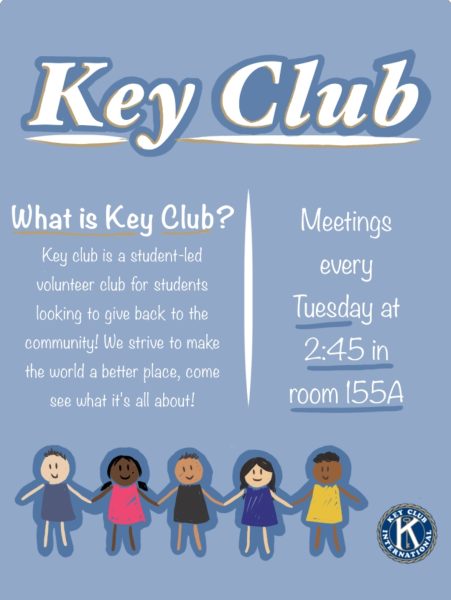The Dress Code (Part Two)
Part II:
As well as collecting and recording student perspectives, we also interviewed and spoke with four teachers here at Pasco High. We first started with Mr. Barcot, someone who was infamously not fond of the dress-code. Barcot had a lot to say and when asked if he thought that the dress-code was gender specific he replied with “absolutely.” In asking him what he thought about reformity, Barcot said that he thinks “it just plays into having common sense when dressing, or a kind of business casual vibe.” Barcot doesn’t think that the dress code is fair, or that it doesn’t necessarily keep any young women safe. That it almost feels like the phrase “she deserved it” (a common phrase used for victim blaming in cases of assault). When asked if Barcot had daughters and if so, do they influence how he feels about topics like the dress code? Barcot replied with in fact he did have daughters, and that they definitely impacted his views on quite frankly, everything. Barcot overall gave us great input regarding our topic and we appreciate what he had to say.
We also interviewed Mrs. Garza, starting with asking how she felt overall about the dress code, to which she replied, “the way that people dress does not affect me or my teaching. It doesn’t affect people’s ability to pay attention. The only people that are effected are the people who are getting dress coded and that are made to go change.” We asked Mrs. Garza if she could change or even not enforce the dress code, what would she do? She said that if it was up to her she would say that “we don’t necessarily need it. I think we are trying to prepare kids for life outside of school and the reality is that nobody is going to tell you what to wear.” Garza feels that in high school as young people this is a crucial time for things like self-expression and finding who they are and what they like. She continued that, “This is the first time where you guys are able to learn how to express yourselves, learn about who you are, what you like, what you don’t. It’s kind of like an exploratory season of your life.” Finally, when asked for her official take, Garza said that if she had to take a stance that she would say to “just let people wear what they want.” Mrs. Garza gave very valuable perspective and worded her responses perfectly.
After Mrs. Garza we interviewed Ms. Ashpole, who off the bat was incredibly supportive of our project. Ashpole said that she “really supports my students, especially young women.” When asked how she viewed the dress code she replied with, “I would support what the students have to say about the dress code. I think your guy’s opinions on it are much more important than ours (staff).” When talking about gender bias, Ashpole said that she thinks that young women are especially impacted by the dress code than the guys and that the young women of Pasco High should be able to express themselves through clothes, much like the boys are able to. Focusing on specific items of clothing that are targeted by the dress code like crop tops, Ms. Ashpole said “ the “crop top” is like the fashion of the day, its what is in style and so I think it’s lame to be like “ oh you can’t wear a crop top” when it is one of the most popular trends of as of now.” Adding on, she included that she thought that the “dress code should reflect what’s in style. I think people should be able to feel comfortable and express themselves.” Ms. Ashpole made great points and her perspective was really refreshing.
Our final interviewee was Mr. Muckenhaupt, who had strong opinions on our topic. When asked up front his thoughts or feelings about the dress code he replied that, “I think the official dress code is a good dress code. It maintains an environment of culture and respect.” When asked if by respect he meant that young women choosing to show their midriff or thighs were disrespecting themselves or others by existing in their bodies he responded with, “by respect I meant it encourages students to dress with self-respect.” He then said that “culture objectifies people, men and women. So, it’s a school culture but there is a greater culture, inside the school that even unconsciously effects all of our perceptions. My culture tells me that if someone walks in with very high cut jeans, we have all been trained by our culture to see that as un-proper for a business place.” He added, “Highschool is also a place of education and part of that is educating you to be responsible citizens, and part of being responsible citizens is knowing how to negotiate a work environment.” Wrapping up our interview we asked for a final statement, to which he replied with, “I am for a dress code. But a dress code implemented within reason.” Mr. Muckenhaupt offered a different perspective in regard to our topic which is always appreciated. As a group we all decided that collecting and documenting staff member’s opinions was just as important to our project as student opinions. Since this is a school wide issue, it is not only about our student body. This includes all of us.
Your donation will support the student journalists of Pasco High School and keep the Wasco up and running. Your contribution will allow us to cover our annual website hosting costs.

I am a junior at here at Pasco High School. I am the oldest of two sisters. On my free time I like to go to the movies, spend time with friends and family,...
hey ! I'm nat. I am a senior at phs ! I'm the CEO of Swag and the Editor-in-Chief for The Wasco ! a fact about me is I am literally always late, I'm always...
I am one of the Editor-In-Chiefs for our Wasco news team. I am from the graduating class of 2021. Songs with beautiful guitar riffs and fluffy clouds make...
Hi it alexis ahaha ._. Editor-In chief ahaha RAWR XD!!

Hey my names Alasia and I’m a reporter which means I’ll be doing interviews and writing stories to give you guys information and entertainment. A little...
As one of the few online editors, I specialize on making sure everything is perfect or as near as it can be when it is posted up on the site. I also interview...






